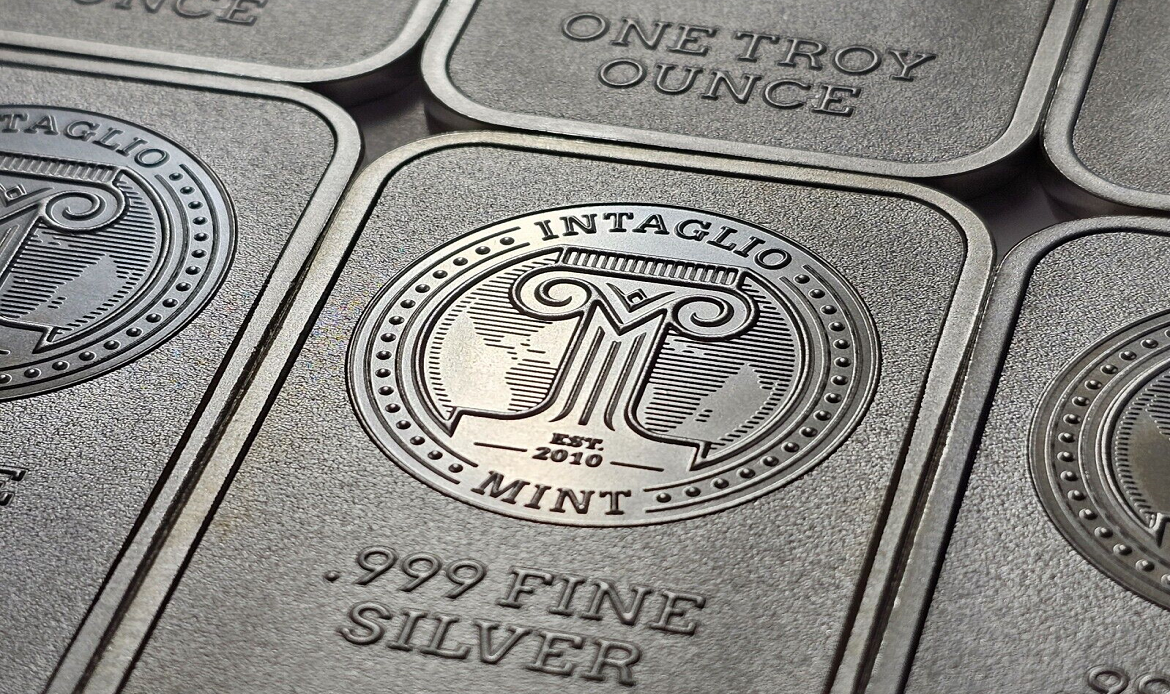A hybrid derivative product in which the payout is based on the previous coupon plus an increment if the market variable remains below a specific level. Otherwise, the coupon will be (or fall to) zero, and future accumulation starts from this zero coupon level. For example, suppose an investor has a 5-year note with quarterly coupons. At the first two coupon dates, the payoff is set at 4% per annum. Accordingly, and assuming the 3-month accrual period is 0.25, this results in coupons of
Coupon = 4% × 0.25 = 1%
The payoff, for subsequent coupon dates, is given by:
Payoff = previous coupon + 0.25% if LIBOR < 3%, or 0 otherwise
In environments of an upward-sloping yield curve, it is quite likely that the barrier would be rising for future maturities, e.g. 3% barrier in year 1, 3.2% in year 2, 3.4% in year 3, etc. A skyline product can be particularly instrumental for investors expecting market variables will be below (or above) a specific level but are not certain by how much.





